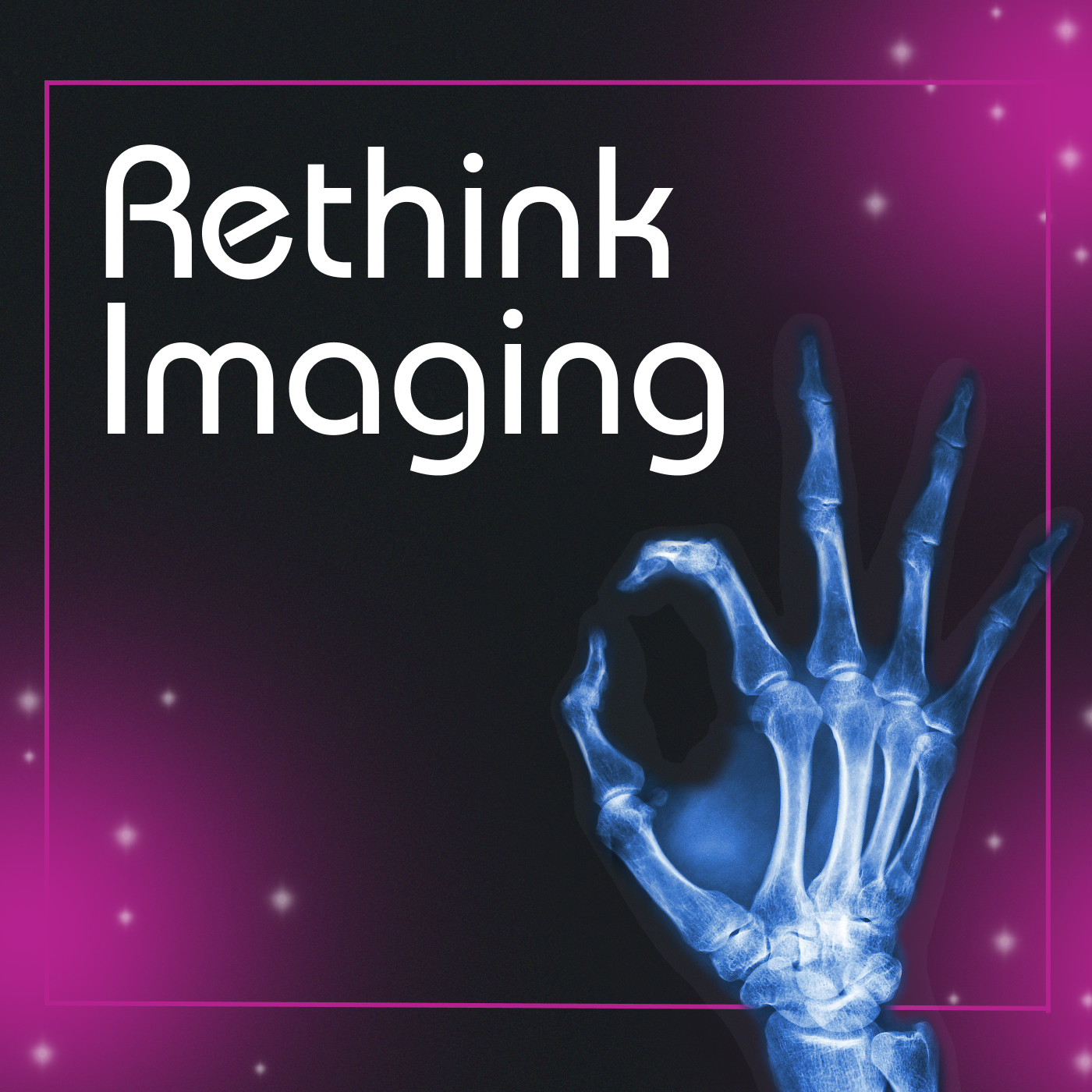Teaching Moral Courage in Radiology: Why Soft Skills Matter as Much as Technical Training
November 6, 2025

In this episode of Frame by Frame: Rethink Imaging, host Chris St. John sits down with Dr. Kristin Beinschroth, a radiologic technologist and researcher, to explore how moral courage shapes student success, why confidence does not always predict achievement, and what it really takes to prepare the next generation of technologists for the ethical dilemmas they will face in practice.
From navigating scope of practice boundaries to standing up to physicians when patient safety is at risk, this episode reveals why moral courage matters in imaging and how educators can cultivate it long before students enter the clinical environment.
The soft skills you bring to imaging are just as critical as your technical expertise.
In this episode of Frame by Frame: Rethink Imaging, host Chris St. John is joined by Dr. Kristin Beinschroth, a radiologic technologist, educator, and researcher, whose recent dissertation explores the connection between moral courage, confidence, and success among radiology students.
Together, they unpack how moral courage predicts stronger academic and clinical outcomes than confidence alone, why students with higher confidence sometimes perform worse, and how educators can teach ethical decision-making through modeling, reflection, and simulation.
Dr. Beinschroth explains how radiology’s unique pressures, from high patient volumes to ethical gray zones, make moral courage essential to professional excellence. She shares how the “See One, Do One, Teach One” framework builds resilience, why nearly 1,800 clinical hours are non-negotiable, and how affective domain teaching can be embedded into an already demanding curriculum.
This conversation challenges traditional views of what defines a “good” technologist, offering a blueprint for cultivating both technical mastery and the moral strength needed to advocate for patients and peers alike.
What You’ll Learn:
- Why moral courage outperforms confidence as a predictor of academic success.
- How to define and recognize moral courage in clinical practice.
- How the “See One, Do One, Teach One” model builds resilience under pressure.
- Why 1,600–1,850 clinical hours are essential to mastering 45 or more clinical competencies.
- Practical ways to teach soft skills and ethics alongside technical rigor.
- Why observation hours and mentorship should complement GPA-based admissions.
- How mentorship, reflection, and vulnerability create future-ready technologists.
Chapters:
[00:00] Intro: Moral Courage in Radiologic Technology
[00:02:50] Defining Moral Courage in Clinical Practice
[00:04:40] Why Moral Courage Predicts Success Better Than Confidence
[00:12:13] Teaching Moral Courage Through Modeling and Simulation
[00:17:31] See One, Do One, Teach One: Building Courage Through Fire
[00:20:19] Why 1,800+ Clinical Hours Build Resilience, Not Burnout
[00:25:48] Weaving Soft Skills Into a Technical Curriculum
[00:29:50] Rethinking Admissions: Beyond GPA and Test Scores
[00:33:03] The Power of Mentorship in Finding Your Professional Voice
[00:36:55] Final Thoughts: Advocating for Better Tech Education
Frame by Frame: Rethink Imaging Podcast is handcrafted by our friends over at: fame.so